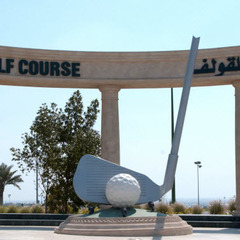IGNORED
Match play opponent not truthful
Note: This thread is 4754 days old. We appreciate that you found this thread instead of starting a new one, but if you plan to post here please make sure it's still relevant. If not, please start a new topic. Thank you!
-
Topics Being Discussed Right Now on The Sand Trap
-
Tiger Woods Master Catch-All Discussion 1 2 3 4 222
By Valleygolfer, in Tour Talk
- tiger
- tiger woods
- (and 2 more)
- 3,988 replies
- 582,660 views
-
Have You Played Where a PGA, Champions, or LPGA Event Has Been Played?
By Maroon88, in Destinations and Travel
- 5 replies
- 131 views
-
- 11,365 replies
- 1,032,836 views
-
"5 Minutes Daily" Practice Challenge 1 2 3 4 1034
By iacas, in Instruction and Playing Tips
- 5 minutes daily
- dedication
- (and 6 more)
- 18,610 replies
- 1,926,911 views
-
- 2,571 replies
- 363,575 views
-





Recommended Posts
Create an account or sign in to comment
You need to be a member in order to leave a comment
Create an account
Sign up for a new account in our community. It's easy!
Register a new accountSign in
Already have an account? Sign in here.
Sign In Now